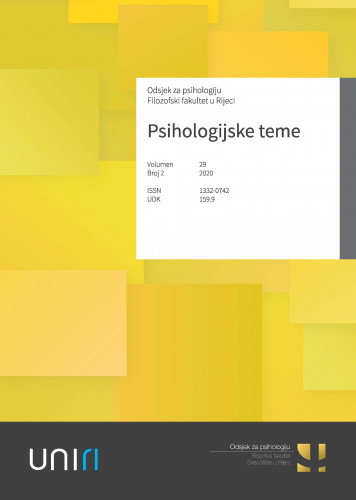In two correlational studies, we investigated the relationship between symptoms of mental fatigue connected with the ordinary daily activity of undergraduate students and the performance level in tasks engaging executive and attentional processes. We found that mild or moderate levels of fatigue are associated with only a few impairments in cognitive functioning, which suggests that the consequences of such a level of fatigue can be easily compensated by protection strategies adopted by participants. A notable exception was a significant positive correlation between the level of fatigue and higher accuracy switch cost in the Plus-minus task. Our participants also reported an increase in fatigue symptoms after performing several cognitive tasks and this change was larger for those who were more engaged in a sustained attention task. In a follow-up experiment, we investigated the effects of fatigue induced by the time on sustained attention task on switching task performance and reported symptoms of cognitive and executive fatigue. We confirmed that the level of accuracy switch cost is significantly higher in the participants who performed the sustained attention task than in the participants from the control group. We pointed out some possible practical implications of studies on the relationship between fatigue and cognition for such activities as driving a car.; U dvije je korelacijske studije kod studenata ispitana povezanost simptoma mentalnog zamora vezanog uz svakodnevne aktivnosti i izvedbe na zadacima koji uključuju izvršne procese i pažnju. Rezultati pokazuju da su blage ili umjerene razine zamora povezane s minimalno narušenom izvedbom, što sugerira da se posljedice takvih razina zamora mogu kompenzirati primjenom zaštitnih strategija. Iznimka je pritom značajna pozitivna povezanost razine zamora i veće cijene točnosti prebacivanja u zadatku plus-minus. Također, potvrđen je porast simptoma zamora nakon izvođenja nekoliko kognitivnih zadataka, a ta je promjena bila veća za ispitanike koji su se više angažirali na zadatku održavanja pažnje. U naknadnom je eksperimentu ispitan efekt zamora koji je induciran dužinom zadatka održavanja pažnje na izvedbu u zadatku prebacivanja i samoprocjenu simptoma kognitivnog i izvršnog zamora. Potvrđeno je da je cijena točnosti prebacivanja značajno veća kod ispitanika koji su izvodili zadatak održavanja pažnje nego kod ispitanika iz kontrolne skupine. U radu se upućuje na moguće praktične implikacije rezultata istraživanja o povezanosti mentalnog zamora i kognitivne izvedbe u aktivnostima poput vožnje automobila.
Sažetak

 Psihologijske teme : 29,2(2020) / glavna i odgovorna urednica Barbara Kalebić Maglica.
Psihologijske teme : 29,2(2020) / glavna i odgovorna urednica Barbara Kalebić Maglica.